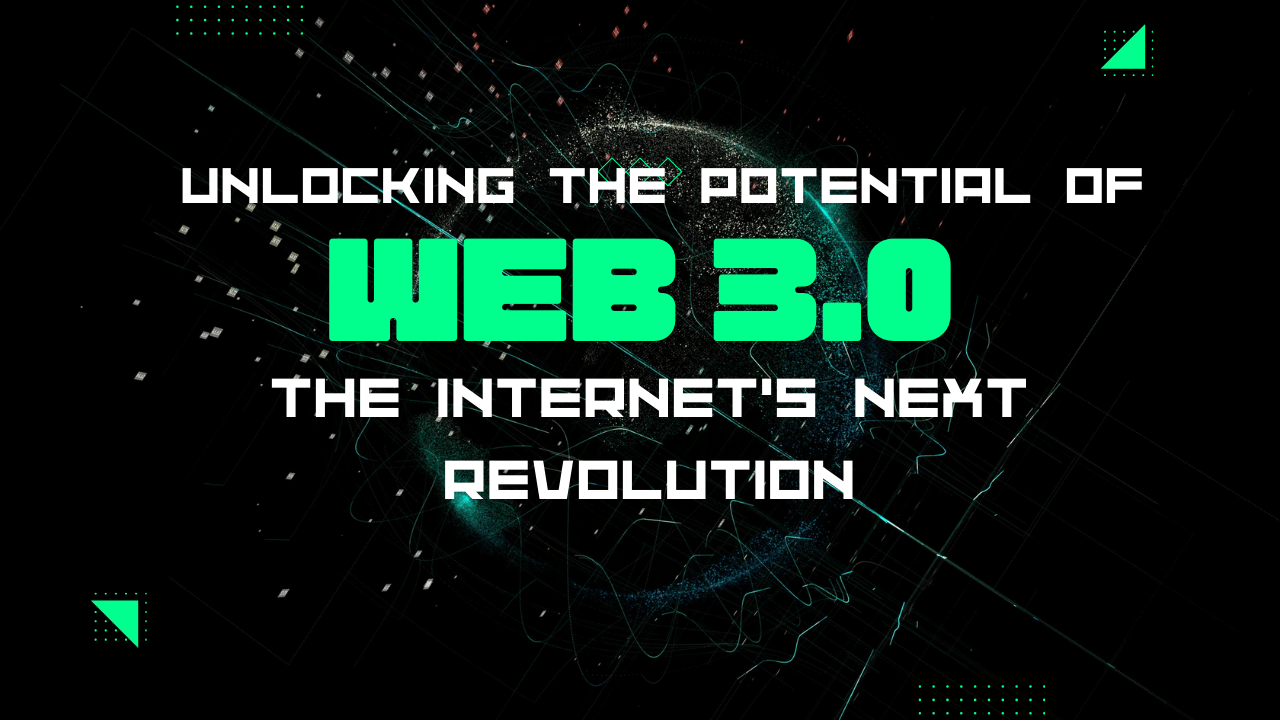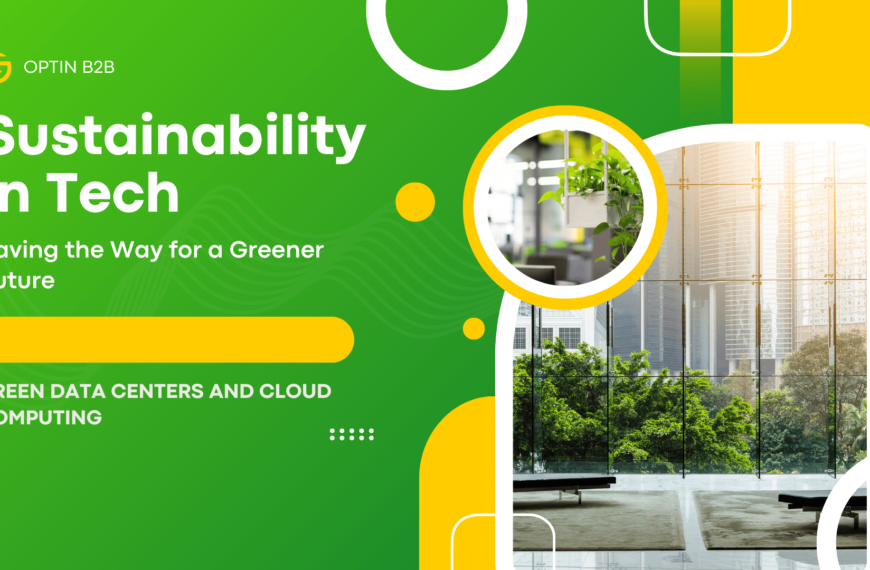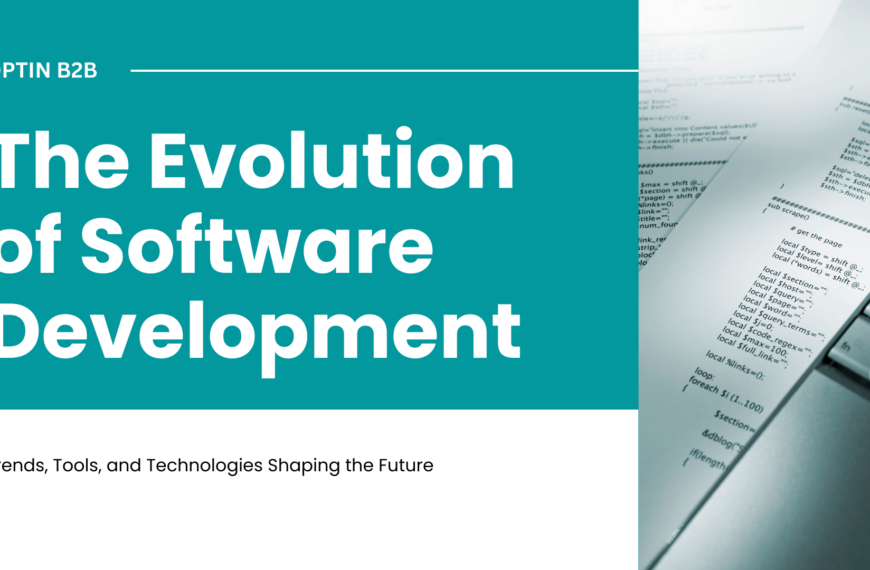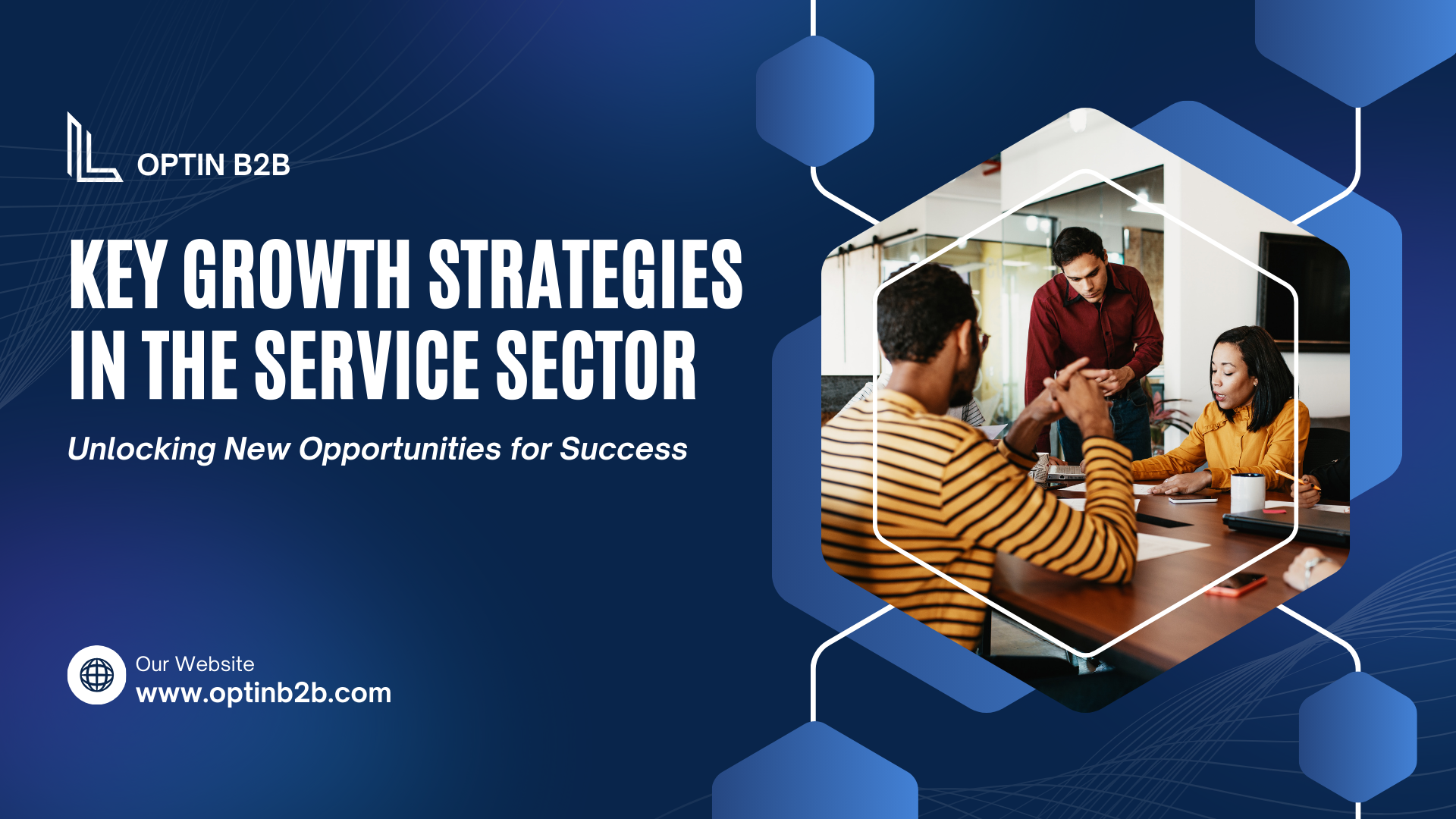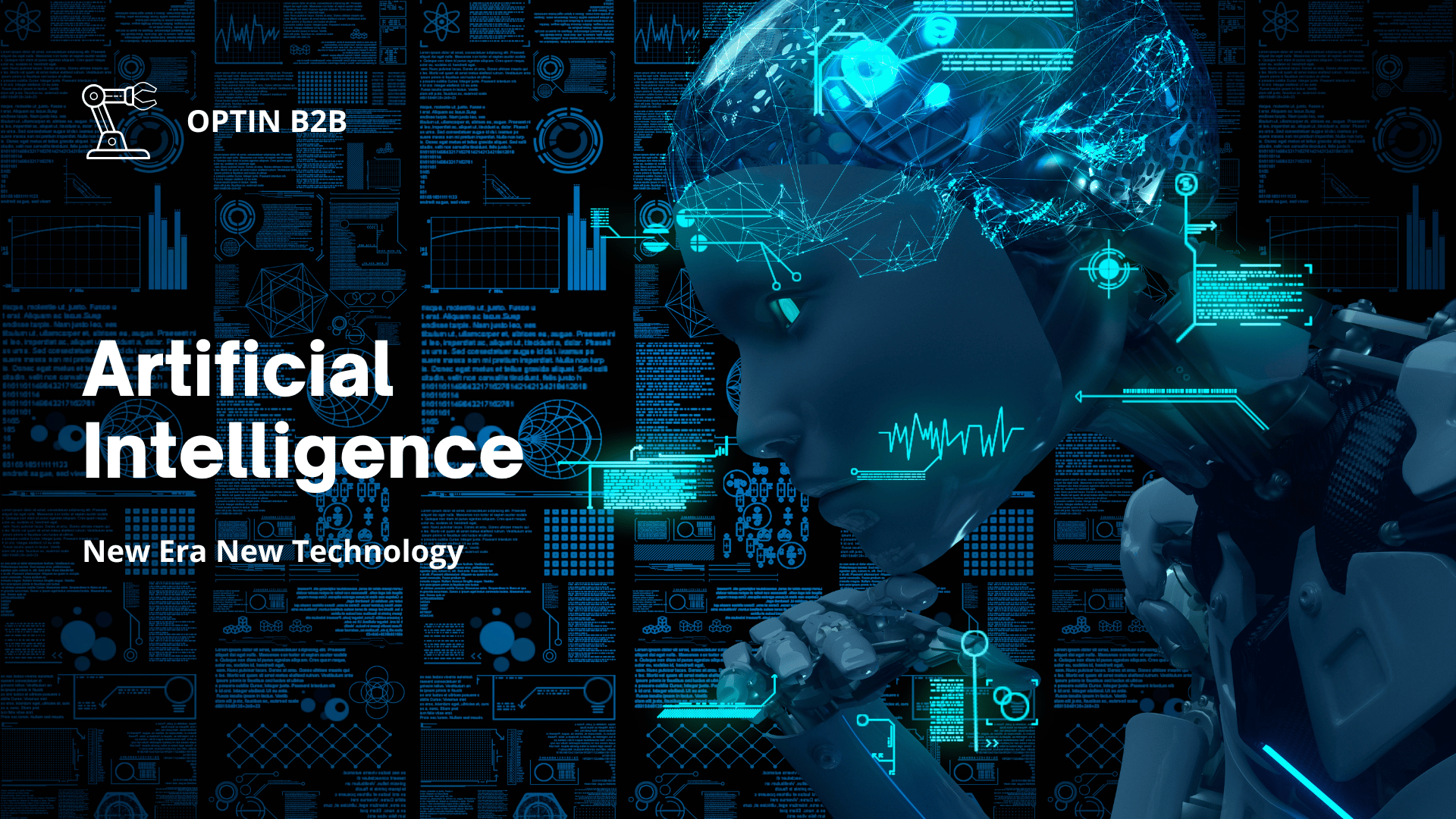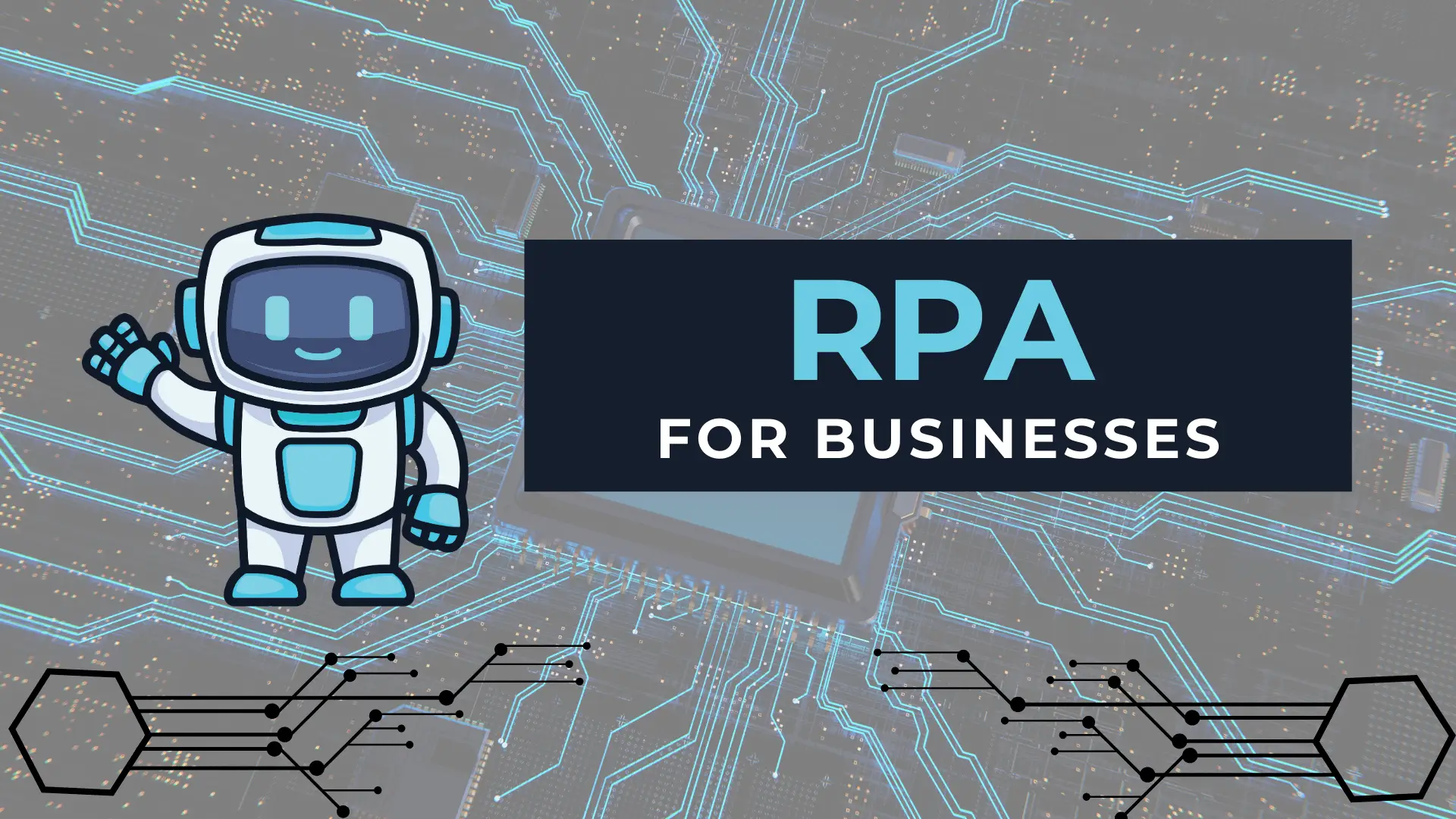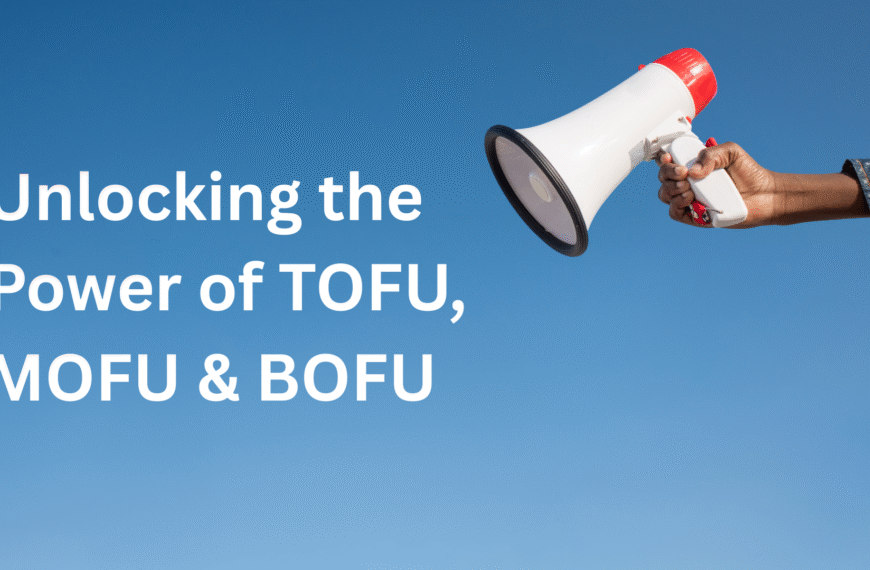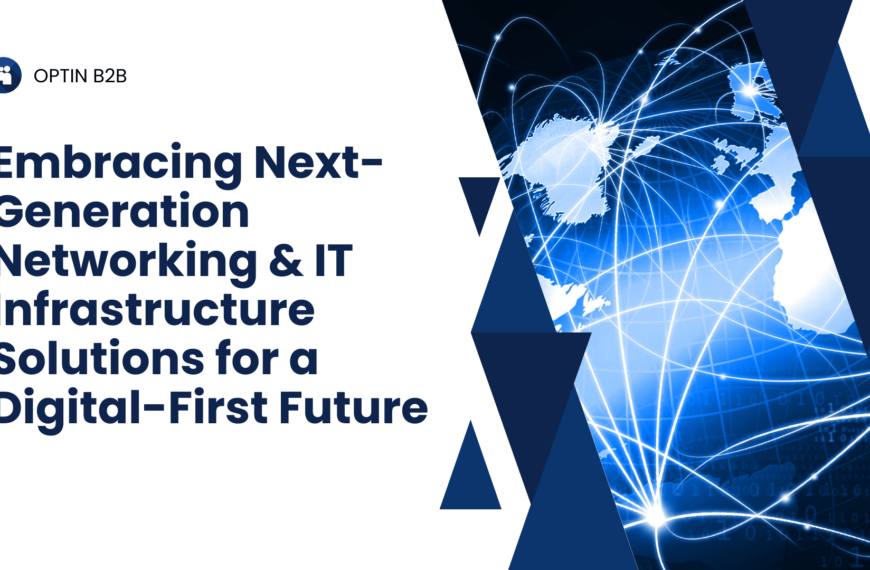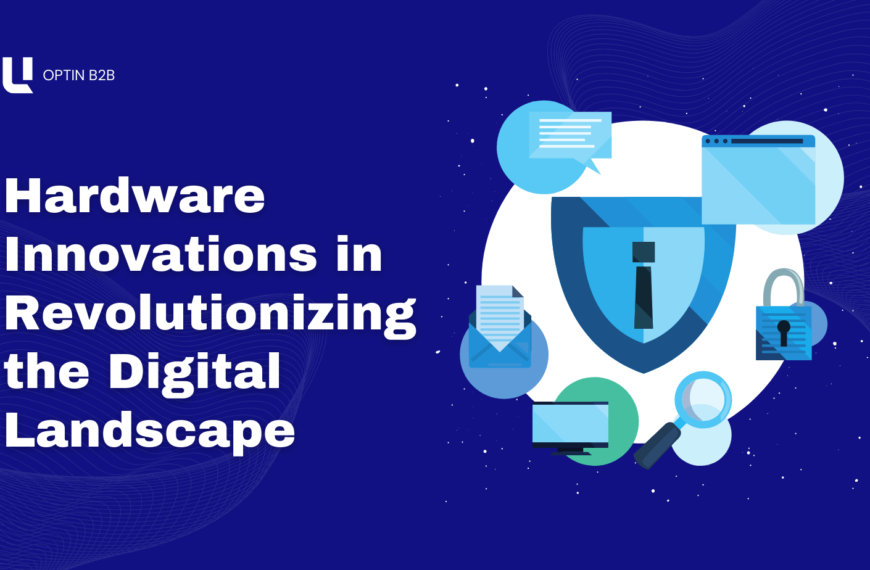Web3, the decentralized evolution of the internet, is transforming the way individuals and organizations interact online. By leveraging blockchain technology, Web3 aims to redistribute control from centralized entities to users, fostering transparency, security, and autonomy in the digital realm.
At the core of Web3 is the idea of decentralization. Unlike Web2, where platforms like Facebook and Google dominate and monetize user data, Web3 enables users to own and control their data. Platforms such as Mina Protocol focus on creating lightweight blockchain solutions that prioritize privacy and user empowerment.
A key component of Web3 is decentralized applications (dApps). These are built on blockchain networks like Ethereum, providing services such as finance, gaming, and social networking without intermediaries. For example, Unstoppable Domains allows users to create blockchain-based, censorship-resistant domain names, revolutionizing online identity.
The integration of smart contracts in Web3 further enhances its functionality. Smart contracts automate transactions without the need for a middleman, ensuring trust and efficiency. This innovation is driving the adoption of decentralized finance (DeFi), where platforms like Aave and Compound are enabling peer-to-peer lending and borrowing.
Tokenomics is another defining feature of Web3, enabling users to participate in and benefit from the growth of digital ecosystems. Through governance tokens, users have a say in the decision-making processes of platforms like Balancer and MakerDAO, aligning incentives between developers and their communities.
While the potential of Web3 is vast, challenges remain. Scalability issues, high transaction costs, and regulatory uncertainties pose hurdles to widespread adoption. However, innovations such as layer-2 scaling solutions and advancements in interoperability are addressing these concerns.
Web3 represents more than just a technological shift—it’s a cultural transformation that empowers users to take ownership of their digital experiences. As adoption grows, it promises to redefine industries, disrupt traditional power structures, and usher in a new era of internet innovation.

